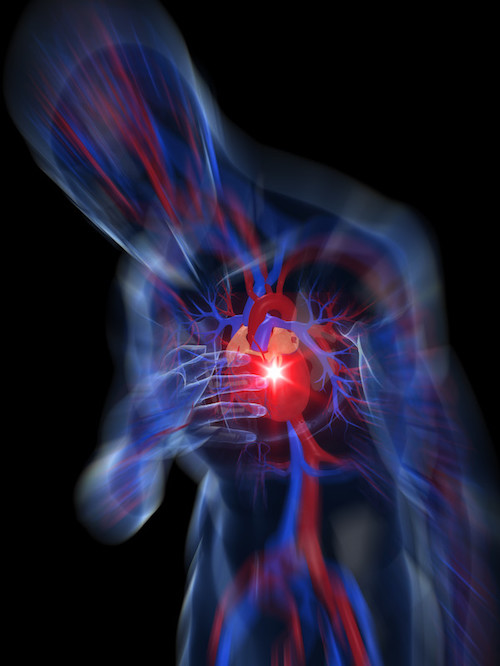What does cancer have in common with a broken heart? Researchers are trying to find out.
A new study published in the American Heart Association Journal revealed that cancer may be associated with broken heart syndrome.
What is broken heart syndrome?

Broken heart syndrome is officially called stress-induced cardiomyopathy. It’s a real medical issue that occurs when you’re experiencing a very stressful situation like the loss of someone you love.
Have you ever heard of elderly couples who die within days of one another? This is due to broken heart syndrome. One of the symptoms that occurs is sudden strong chest pain, which is caused by the rise in stress hormones.
The recent study showed that one out of six people with broken heart syndrome developed cancer and were more likely to die within five years after the diagnosis. This was compared to those who had not suffered from this syndrome.
The researcher team explained that the relationship between cancer and broken heart syndrome hasn’t yet been totally explored. The study looked at data from over 1,600 patients with broken heart syndrome. They found no reason for the connection between the two, just that one exists.
If you have ever been diagnosed with stress-induced cardiomyopathy, also known as broken heart syndrome, you may want to undergo more screenings for cancer. At the very least, you should make sure you are getting screened for the standard detectable cancers in your age group. These include colon, prostate, skin, cervical, oral, and breast.

According to the research, “A substantial number of broken heart syndrome patients show an association with malignancy. History of malignancy might increase the risk for broken heart syndrome, and therefore, appropriate screening for malignancy should be considered in these patients.”
More studies will need to be done before doctors can make official recommendations to patients.




























